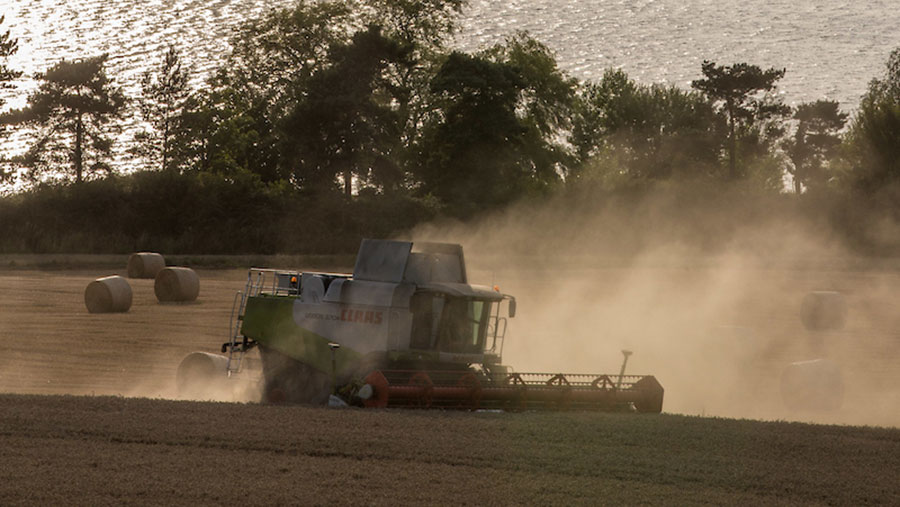Editor’s view: Life after BPS is now close at hand
 © Tim Scrivener
© Tim Scrivener As I write the first draft of this article the absorbing contest between England and Australia hangs in the balance in the first of this summer’s Ashes test matches (we won’t dwell on the final result).
For folk who aren’t cricket fans it seems almost incomprehensible that a sporting contest can sometimes last for almost five days, with a winner only becoming apparent at the last second.
See also: Editor’s view: AHDB will become pointless without more cash
Even then the whole thing can end – after a superb feat of endurance by both sides – in a gloom-laden draw that leaves both frustrated and miserable.
Those who remember the immediate aftermath of the Brexit referendum will recall that in those first days and weeks after the result was announced it felt briefly like the close of a long and bruising contest.
In some ways it was, but it soon became apparent that the longer conflict to decide who would get to define what post-Brexit Britain was like and how they would deal with the consequences of our departure was only just beginning.
The endless back and forth in the seven years that have passed since that day have, according to the results of our research published this week, left many of you fed up to the hilt.
More than six in 10 farmers said they thought agriculture was better off with its policies being formulated in Brussels than in Westminster, Holyrood, Cardiff Bay and Stormont.
Supporters of both Leave and Remain in the agricultural community feel that the outcome of our departure from the EU has been bad for our economy as a whole and for the fortunes of farming in particular.
In England, farmers who rely on area payments are on course to see their prosperity dip sharply, with direct payments set to be 50% of what they received in 2020 by the end of next year.
In Scotland, we report this week that the area payments that persist after the new farm policy is adopted may be significantly more difficult to attain than now.
And in Northern Ireland, the timeline published this week reveals progress will be steady until 2025.
Whenever I feel overtaken by gloom in this process I summon the memory of how unpopular the Basic Payment Scheme (BPS) was in some quarters prior to 2016.
We were locked in a system that benefited those who already had large tracts of land and penalised those who didn’t, such as new entrants.
]Nor did it adequately incentivise large-scale environmentally positive actions.
But what it did do was keep some folk who read this publication afloat financially.
It is this final point that keeps me up at night. For you are not heading towards a boring score draw that will be mildly irritating.
You are heading for a defeat – one that for some will have to be conceded and for others can only be avoided by significant changes to your business.
That is why, as we see the closing stages of farming’s post-Brexit transition take shape, it is so vital to continue to engage with the detail.
There may now be too much for comfort in England – the Sustainable Farming Incentive handbook published this week runs to 150 pages.
That is an awful lot to slog through. But there’s an awful lot at stake if participating in these schemes will help keep your business solvent and your family fed. And if not, what do you need to do instead?
Last year, separate research revealed that 30% of farmers had not yet begun preparing for life without the BPS.
If you’re one of them, I suggest it’s time to start – perhaps with your sport of choice for company.

